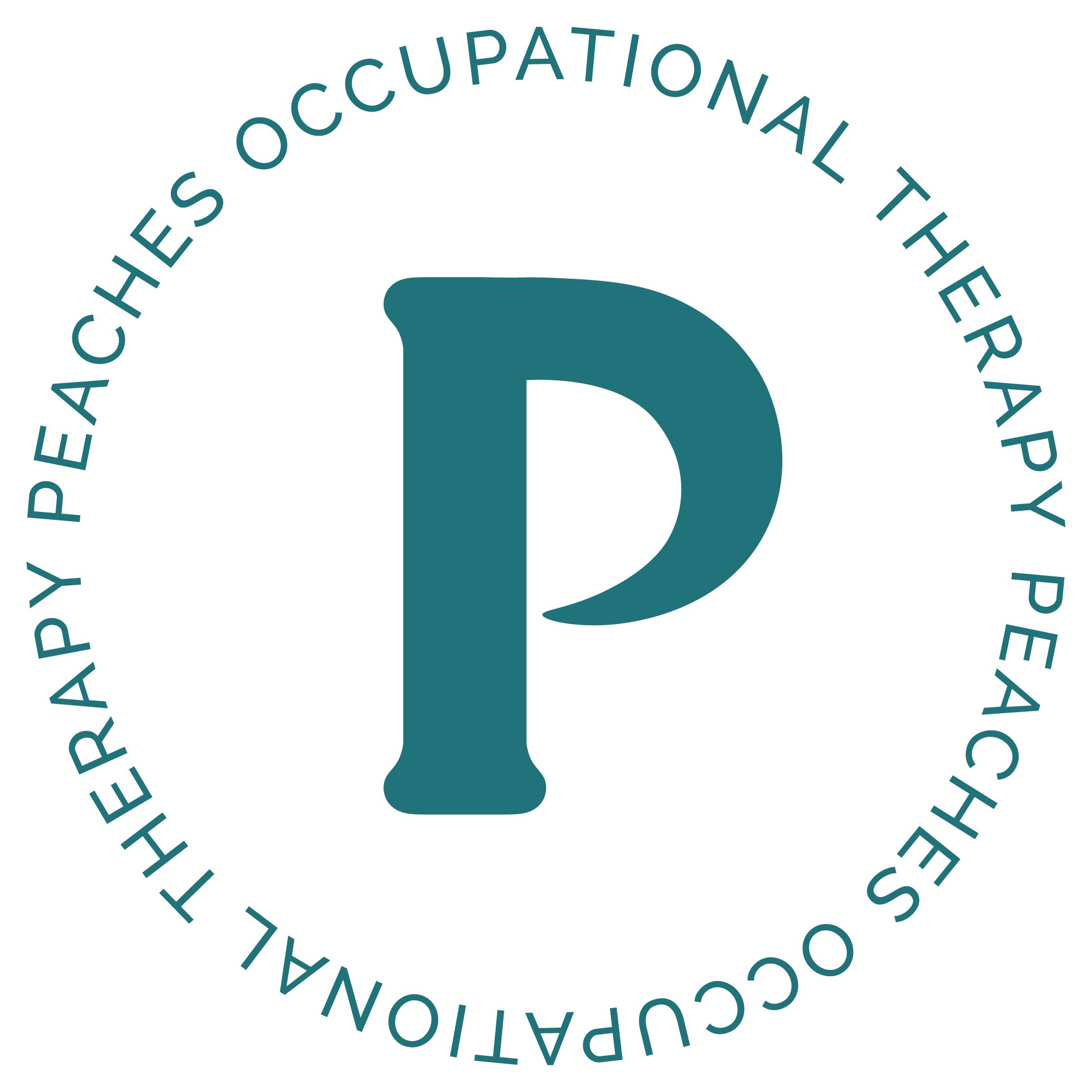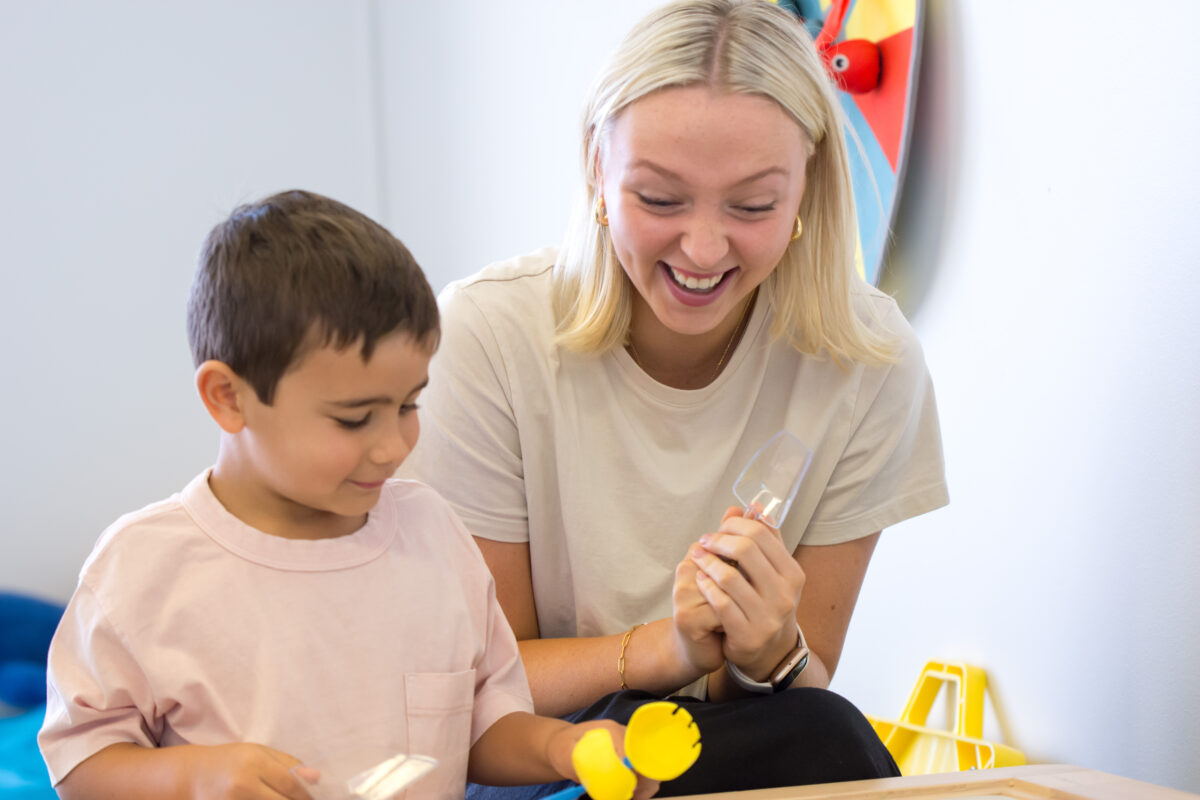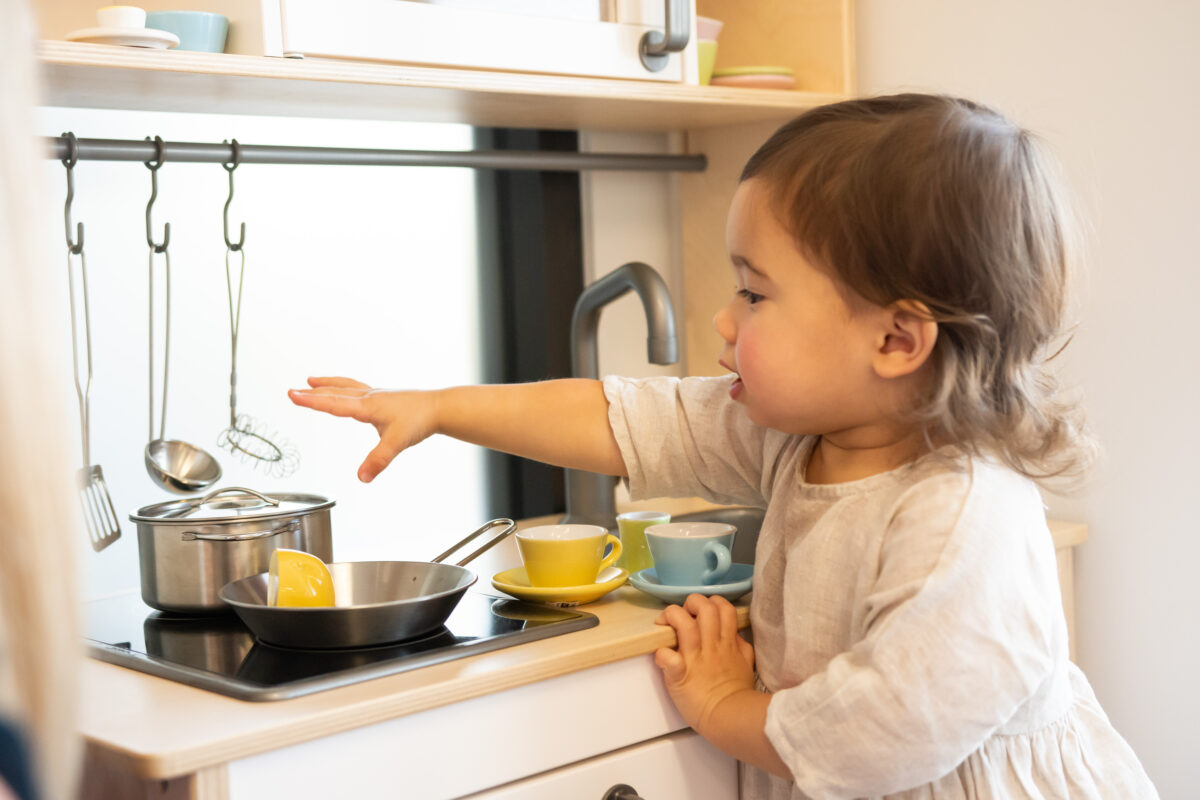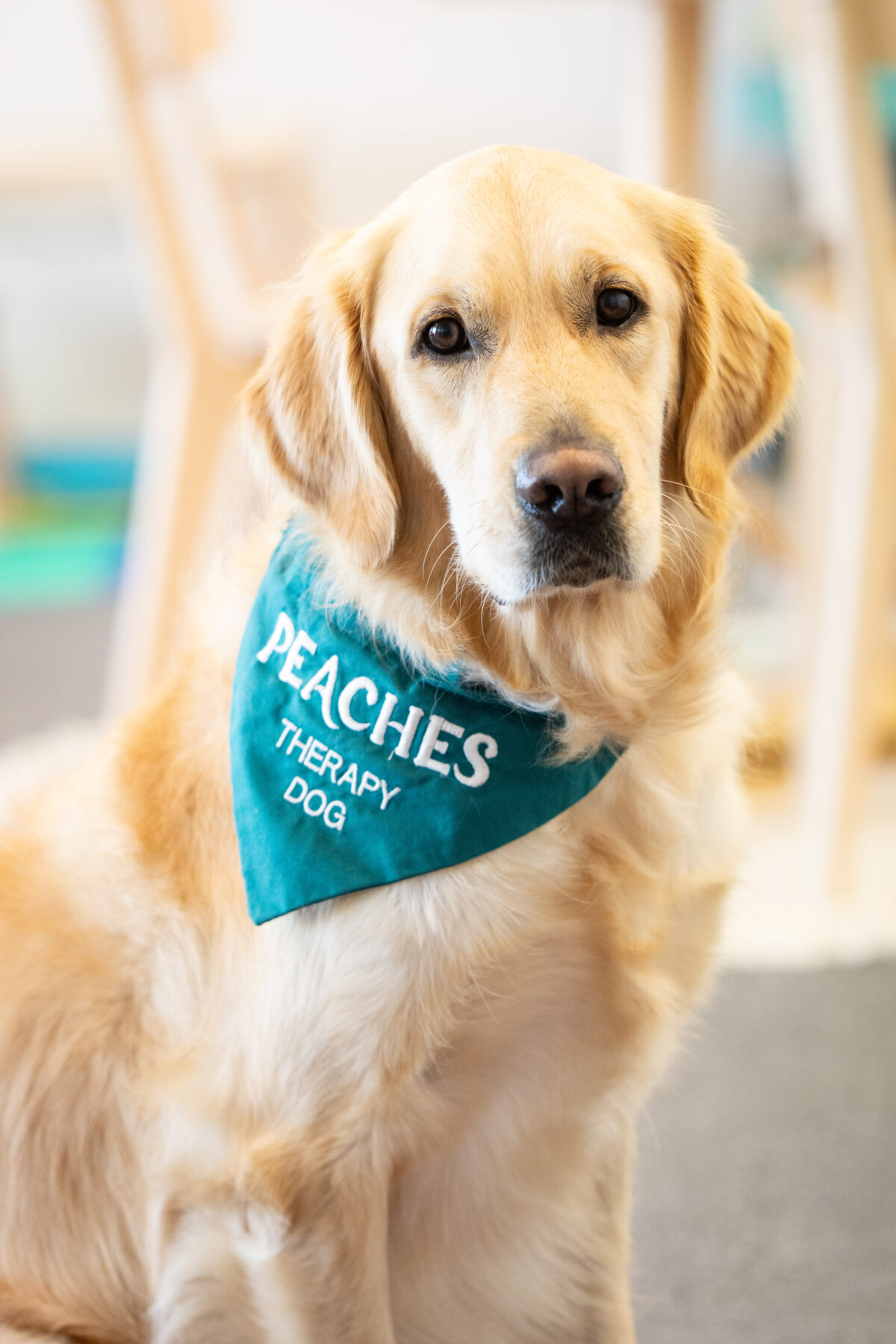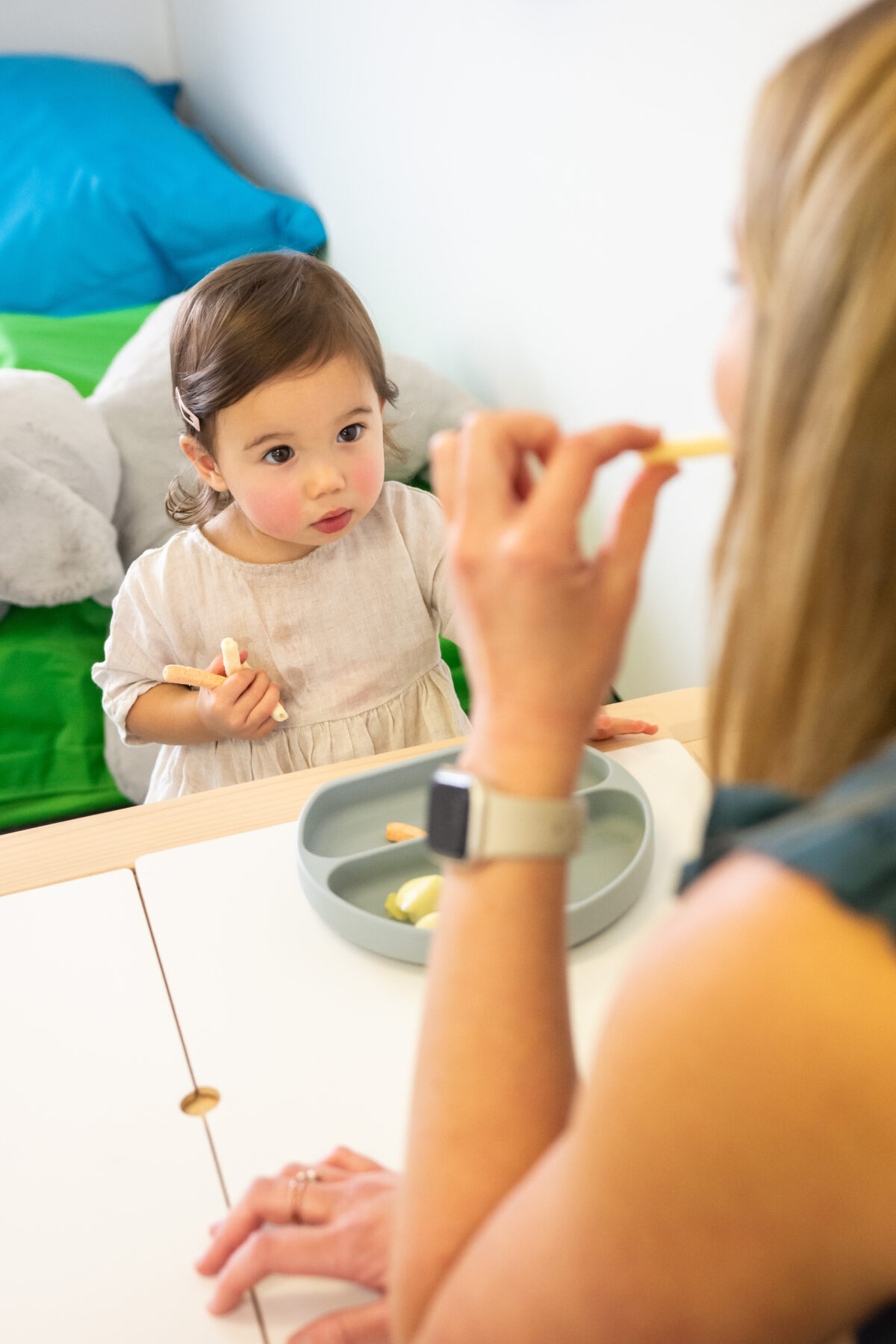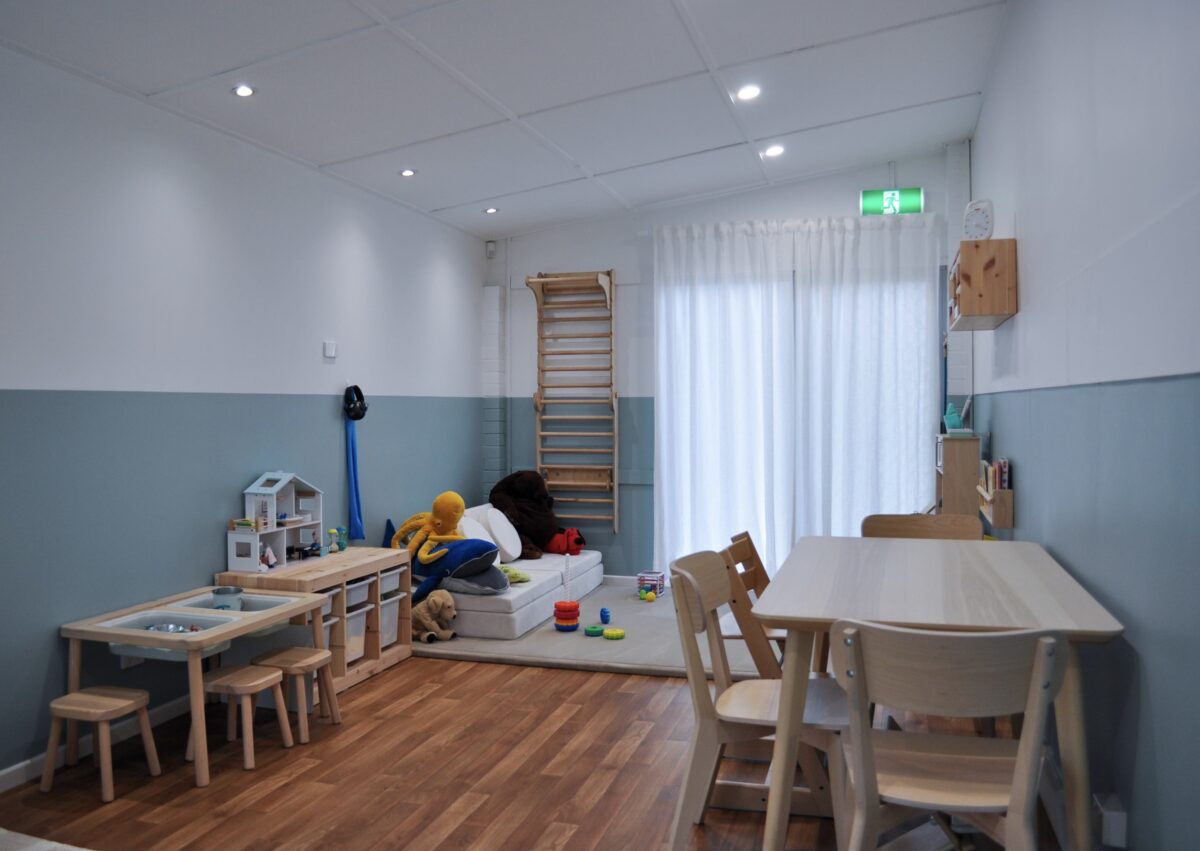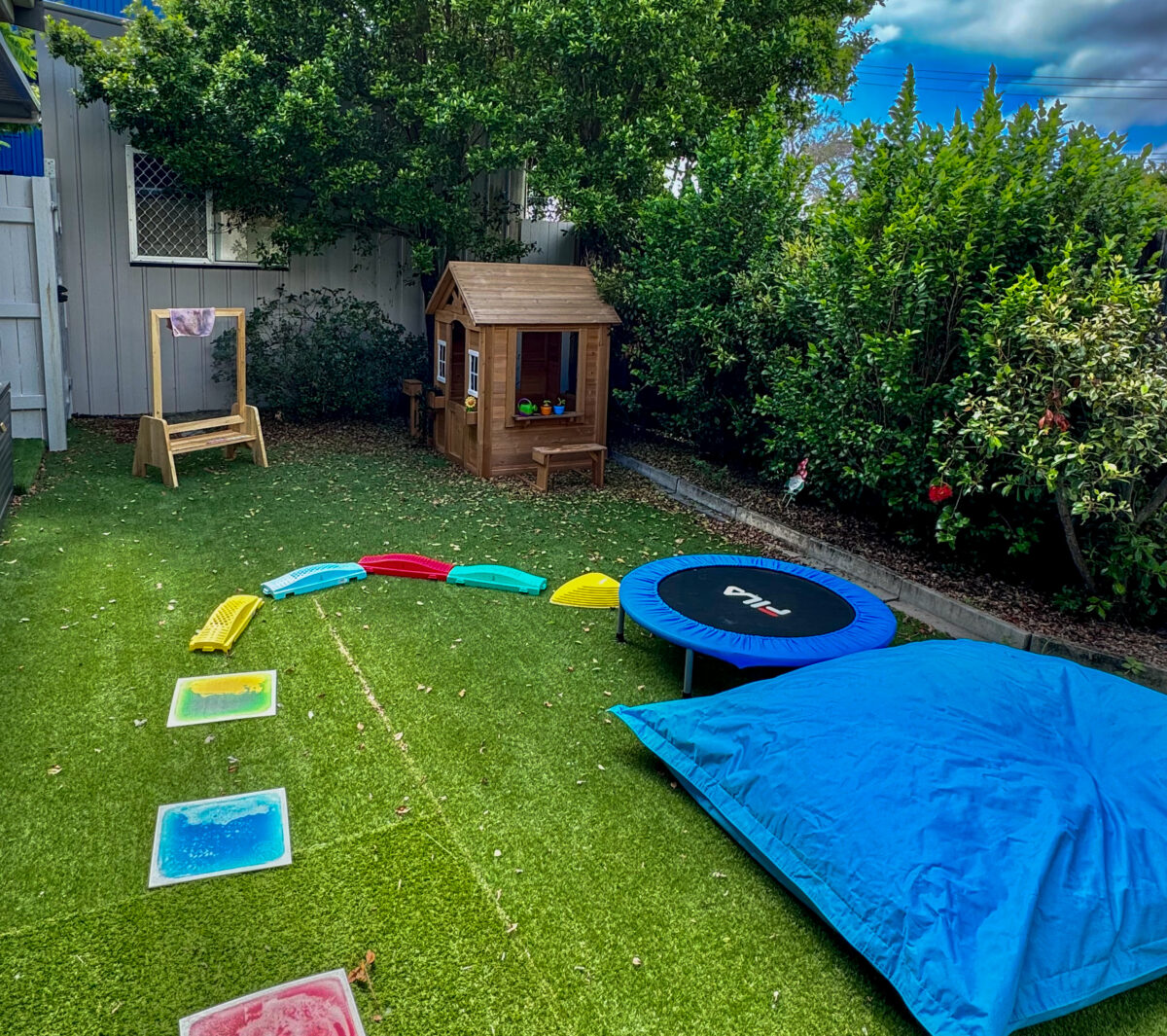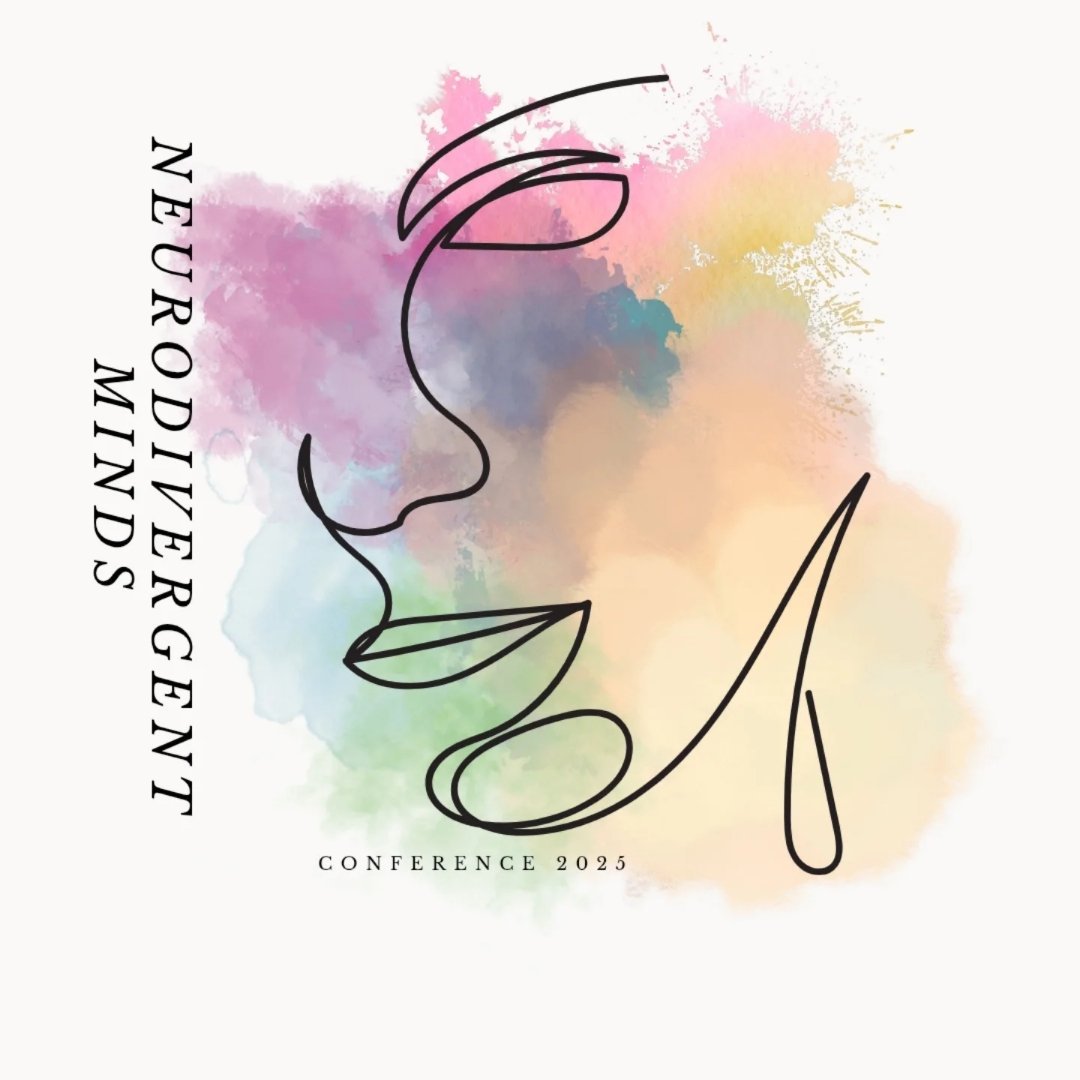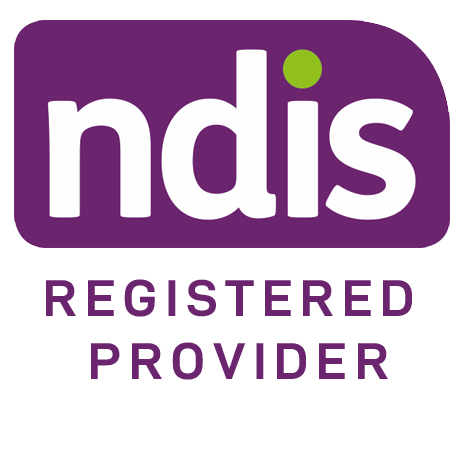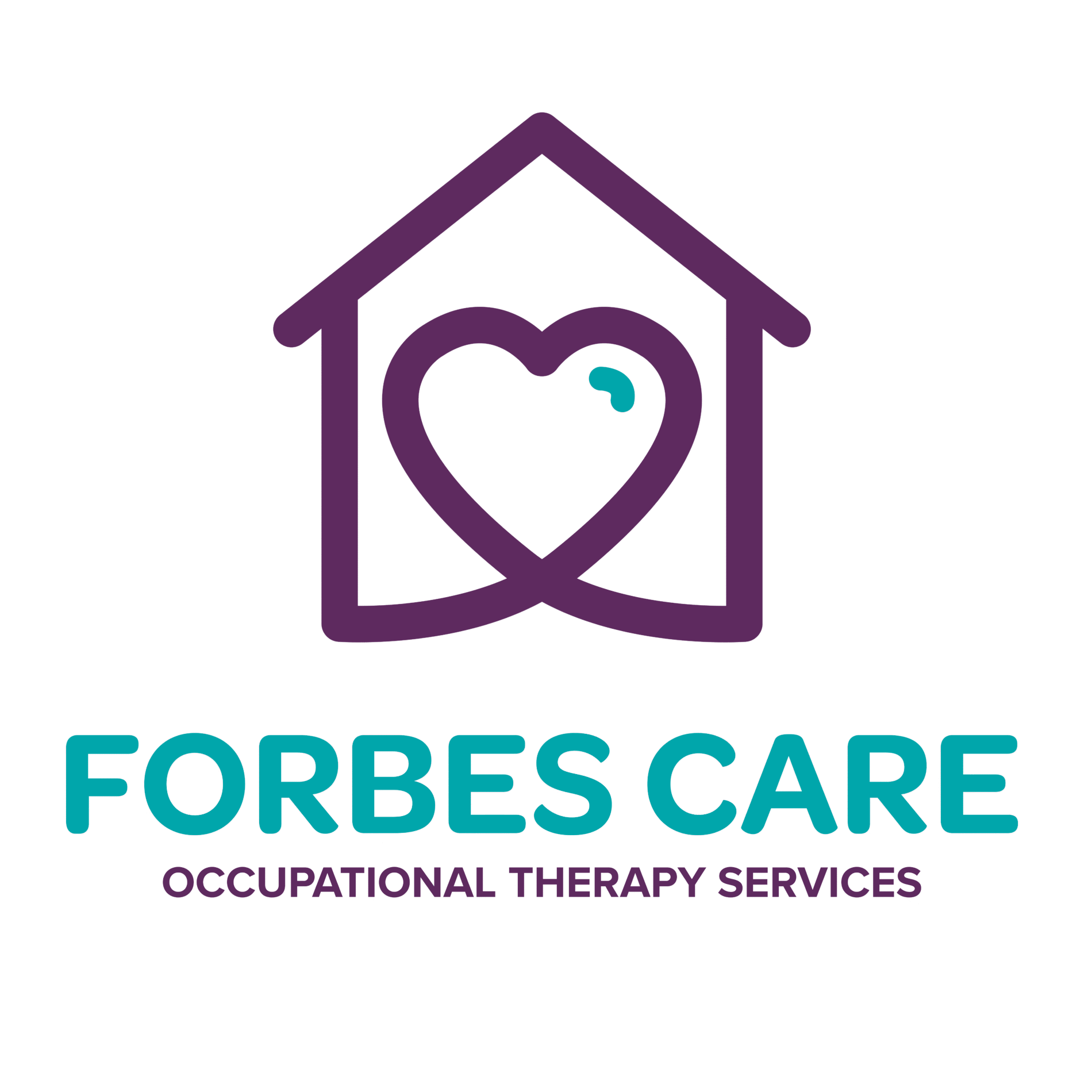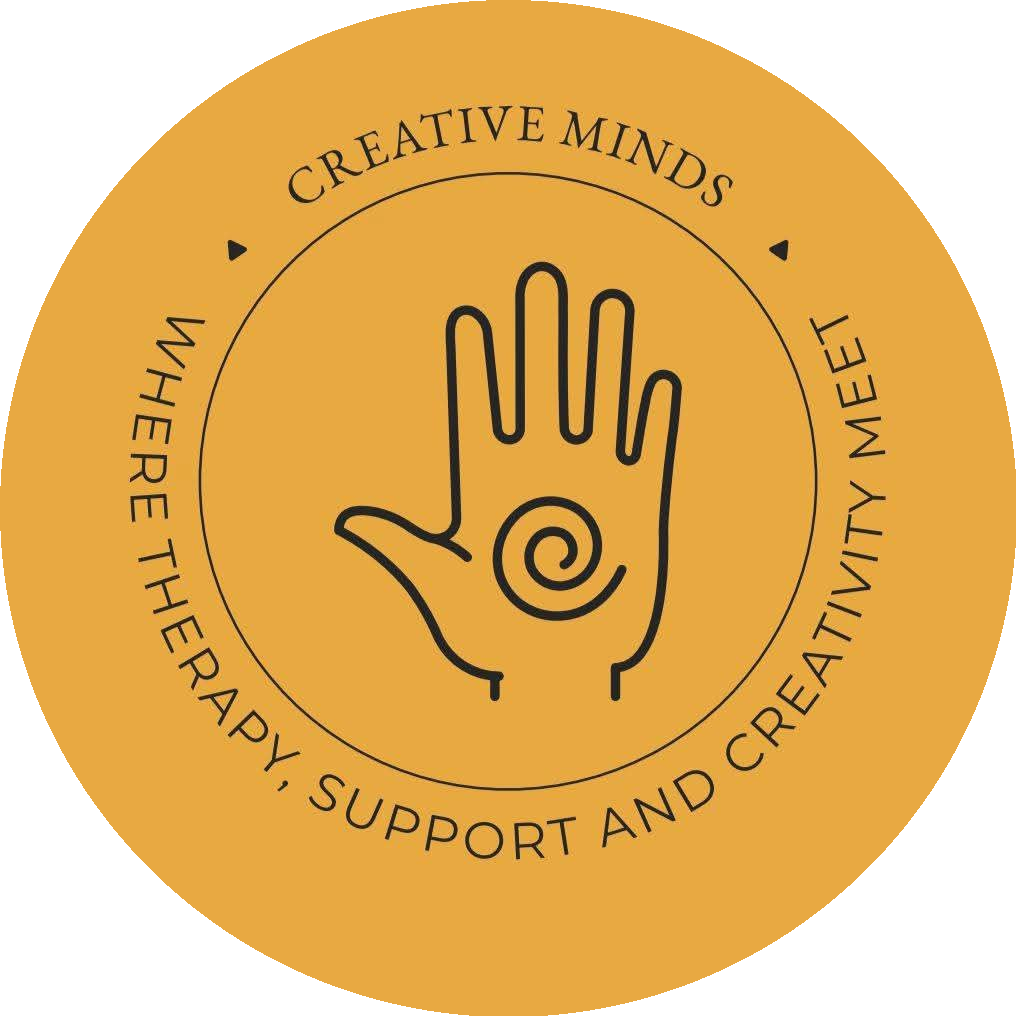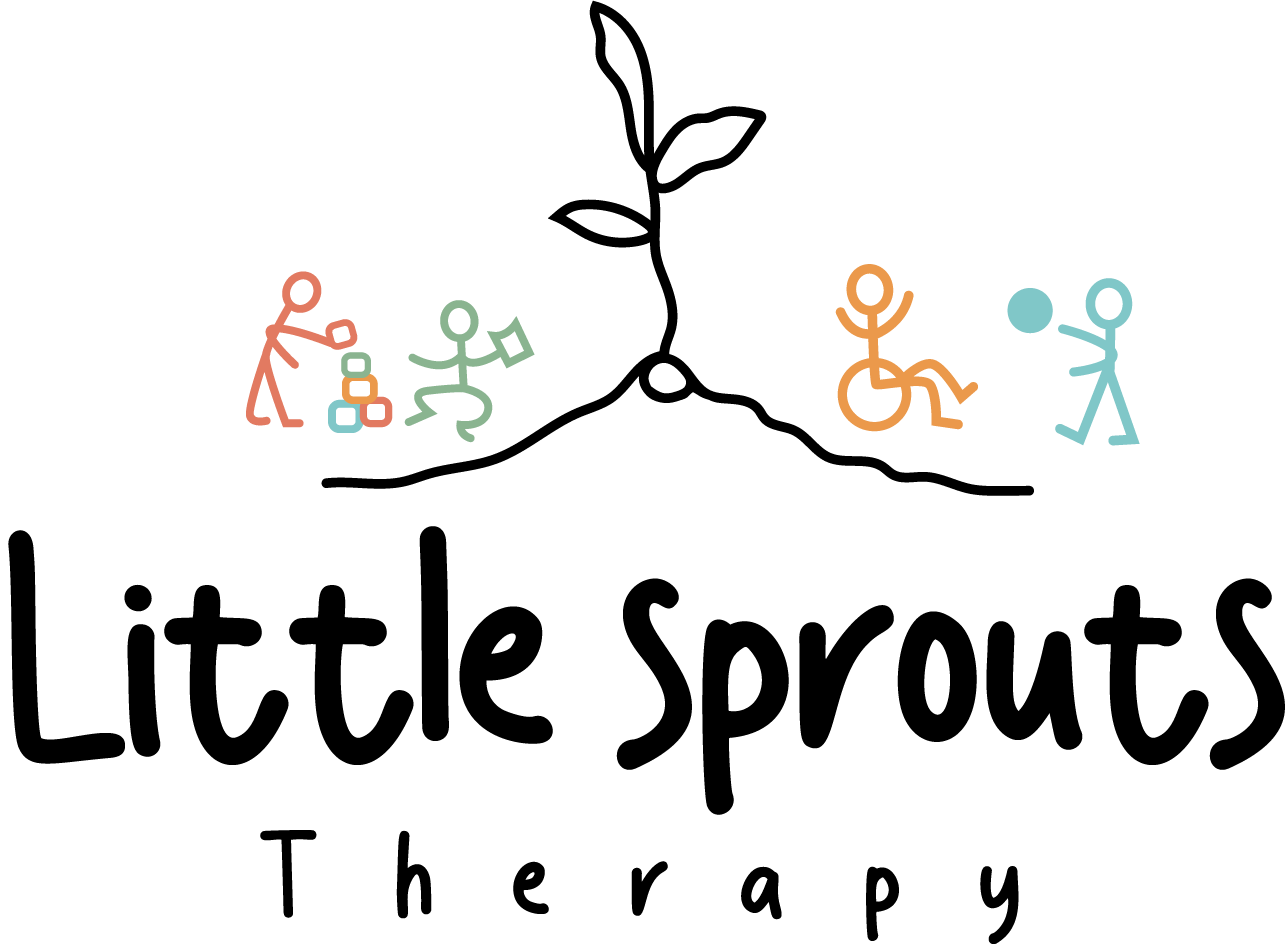How Can an Occupational Therapist Help My Child?
Occupational therapists support children to engage in everyday activities (occupations), such as play, learning, dressing, toileting, eating, sleeping, and movement. These essential activities promote a child’s development by encouraging independence, building confidence, and fostering a sense of purpose and self-worth.
We work with a neurodiversity-affirming approach, valuing and respecting every child’s unique way of learning and interacting with the world. Our goal is to support children in ways that align with their individual needs, strengths, and preferences.
Key Support Areas
???? Play Skills
Play is how children make sense of the world around them. Occupational therapists support the development of pretend play, turn-taking, cooperative play, and problem-solving skills to help children engage meaningfully with others.
???? Self-Care
Self-care skills help children become more independent in daily routines such as dressing, eating, toileting, brushing teeth, and grooming.
???? Feeding
We take a holistic, child-led approach to feeding, promoting autonomy, trust, and a positive relationship with food. This approach allows children to progress at their own pace, without pressure, creating a calm, enjoyable mealtime experience.
???? Emotional Regulation
Emotional regulation refers to a child’s ability to recognise, process, and respond to their emotions. We use strategies such as breathing exercises, movement breaks, and visual supports to help children develop self-regulation skills.
???? Sensory Processing
Sensory processing skills help children receive, interpret, and respond to sensory input in a way that supports participation in daily activities.
???? Cognitive Skills
Cognitive (thinking) skills support a child’s ability to learn, remember, reason, problem-solve, and focus attention.
✋ Fine Motor Skills
Fine motor skills involve small muscle movements in the hands and fingers, such as grasping, finger dexterity, wrist and forearm control, and hand strength—all essential for tasks like writing, cutting, and buttoning clothes.
???? Gross Motor Skills
Gross motor skills involve core stability, balance, coordination, and strength, which support movement-based activities such as running, jumping, and climbing.
Relationship-Focused Approach
We believe that strong, trusting relationships between parents, caregivers, and children are essential for development. Our family-centered approach empowers parents by providing support and guidance to help them with their child’s emotional regulation, communication, and engagement in daily routines.
Therapy Dog Support ????
At our clinic, we have a therapy dog named Peaches, who plays a special role in helping children feel safe, calm, and confident—especially in new environments. Peaches supports children through:
- Teaching Tricks – Children teach or help Peaches practice tricks, improving focus, attention, and patience while boosting confidence through successful accomplishments.
- Building Empowerment – Activities such as grooming Peaches, learning tricks, and interactive play help children develop a sense of control and achievement, empowering them in their journey.
- Promoting Play – Peaches engages in pretend play, social games, and movement-based activities such as throwing a ball or pulling toys, encouraging participation in therapy.
Contact Us
???? Get in touch to learn more about how occupational therapy can support your child and family. We’d love to help!

